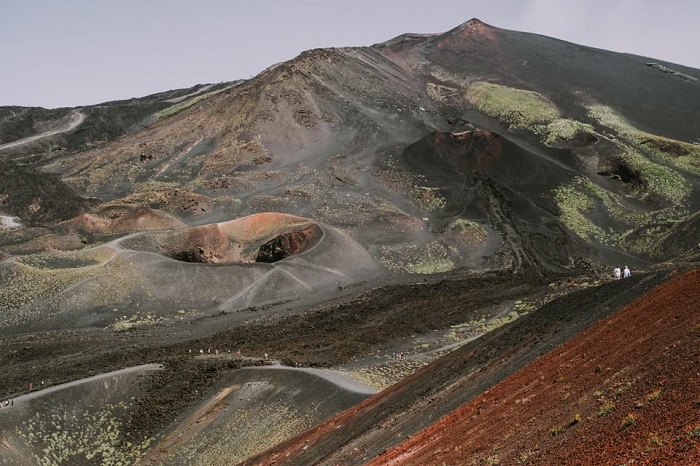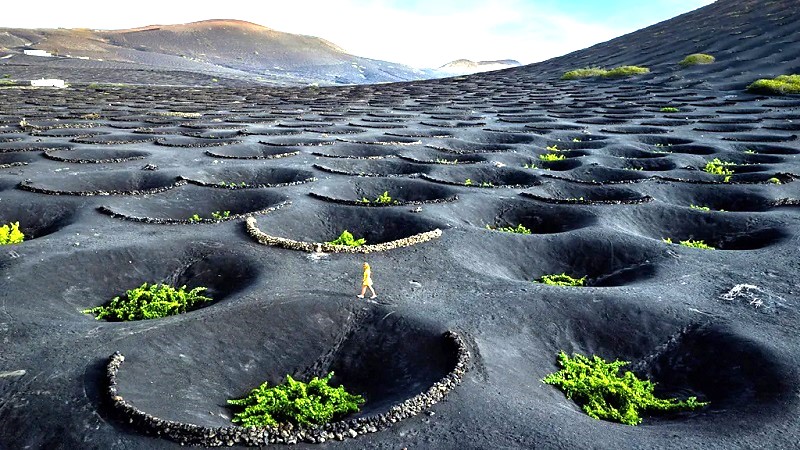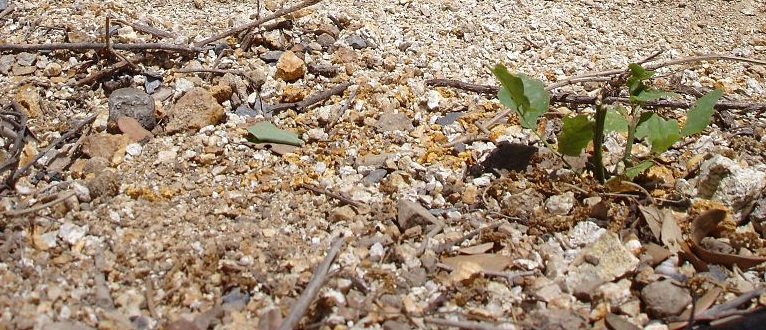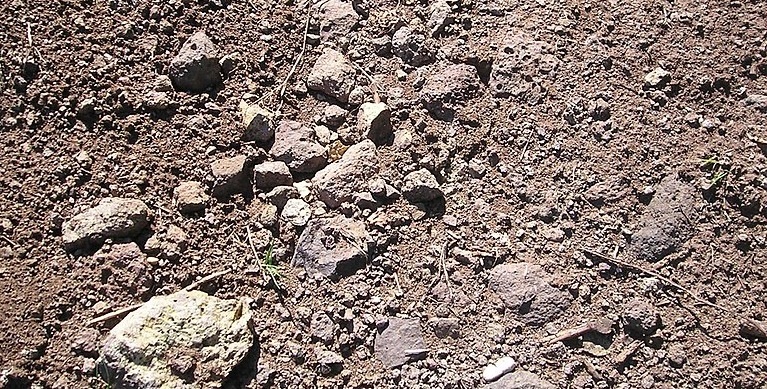Volcanic Soils

Volcanic soils are formed from volcanic ash and lava stones broken down (from weathering) to soil. They are rich in iron and other minerals, and they have excellent drainage as well as good heat and water retention.
Volcanic soils can impact unique flavors and aromas to wine.
These grapes thrives in volcanic soil:
- Nerello Mascalese (Monte Etna, Italy)
- Nero D'Avola (Sicily, Italy)
- Frapatto and Grillo (Sicily, Italy)
- Garganega (Soave, Italy)
- Aglianico (Monte Vulture, Italy)
- Falanghina (Vesuvio, Italy)
- Malvasía Volcánica (Lanzarote)
Best known Regions:
- Sicily (Italy)
The volcano Mount Etna is highly recognized for its red wines made from Nerello Mascalese.
- Soave (Italy)
Volcanic soils scatter over Soave's Classico area with 50 million year old volcanic rocks.
- Willamette Valley (Oregon, USA)
Dundee Hills and Eola-Amity Hills.
- Chile
- Vulkanland Steiermark (Austria)
In the Grosse Lage (Grand Cru) Chardonnay, Pinot Blanc, Sauvignon blanc, and Riesling are excelling.
- Canary Islands
Tenerife and Lanzarote.
The Malvasía Volcánica grape accounts for 60% of Lazarote's wine production.
The conical hollows of Lanzarote are built in volcanic ash:

(Credit: Turismo de Islas Canarias)
- Portuguese Islands
Azores and Madeira
- Santorini (Greece)
Famous for Assyirtiko and Vin Santo, the soil is Pumice (fine-grained volcanic rock).
Maule and Colchagua Valley.
Granite Soil

Granite soils are sandy results of the decomposition of granitic rocks.
Formed from magma, granite soils have a high content of silica (quartz) and many other minerals.
Granite soil is often loose, with a sandy clay structure. This allows gentle ripening. During the day they radiate heat. During the night they cool down quickly.
This temperature difference allows the sugar values to increase with sunlight and prevents acidity loss at night.
This type of soil creates deep-rooted grapes with high acidity. It also makes them more resistant to extreme heat and drought.
Loose granite soils favor floral and less mineral wines, with great varietal character, which reach the time for consumption faster than wines from heavy soils like calcareous clay or ferruginous clay..
Grapes: Sauvignon Blanc, Pinot Noir, Carignan, Tannat, Xarello, Chardonnay.
Best known Regions:
- Beaujolais (France)
- Côtes du Rhône North (France)
- Rías Baixas (Spain)
- Dão and Douro (Portugal)
Gneiss Soil
Gneiss is coarse-grained form of granite.

